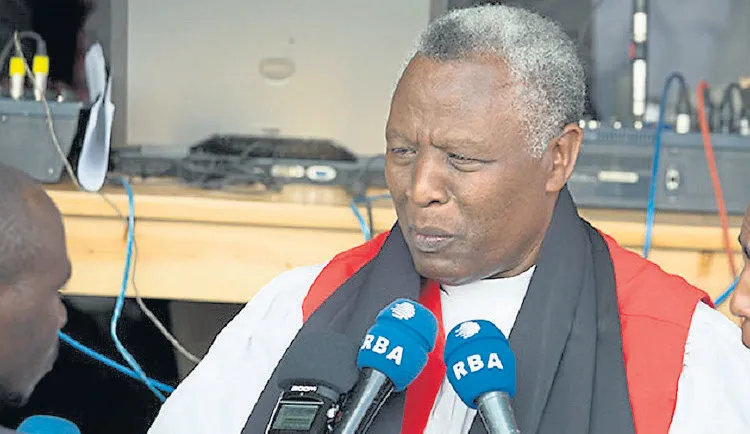In January two new Anglican Primates were elected, the Bishop of Maridi, Justin Badi Arama, as Archbishop of South Sudan and the Bishop of Shyira, Dr Laurent Mbanda, as Archbishop of Rwanda.
Both nations have suffered internecine violence, and by far the most notorious example remains the Rwandan genocide of 1994 in which an estimated 1 million people died. Given the long history of insecurity which predated South Sudan’s recent independence, internal strife was predictable, but Rwanda was an established kingdom well before the colonial era, in which different ethnic groups lived peacefully. Moreover, Rwanda was the home of a powerful revival in 1929 which spread spontaneously during the 1930s and became known as the East African Revival.
Divide and rule
So Rwanda would seem to be an unlikely place for such terrible violence. Archbishop-elect Mbanda, himself forced to flee his homeland after a massacre broke out in 1959 (as recounted in his autobiography From Barefoot to Bishop), has reflected deeply on this paradox. In his book Committed to Conflict: The Destruction of the Church in Rwanda, he traces the origins of the genocide back to a toxic combination of colonial and missionary manipulation.







